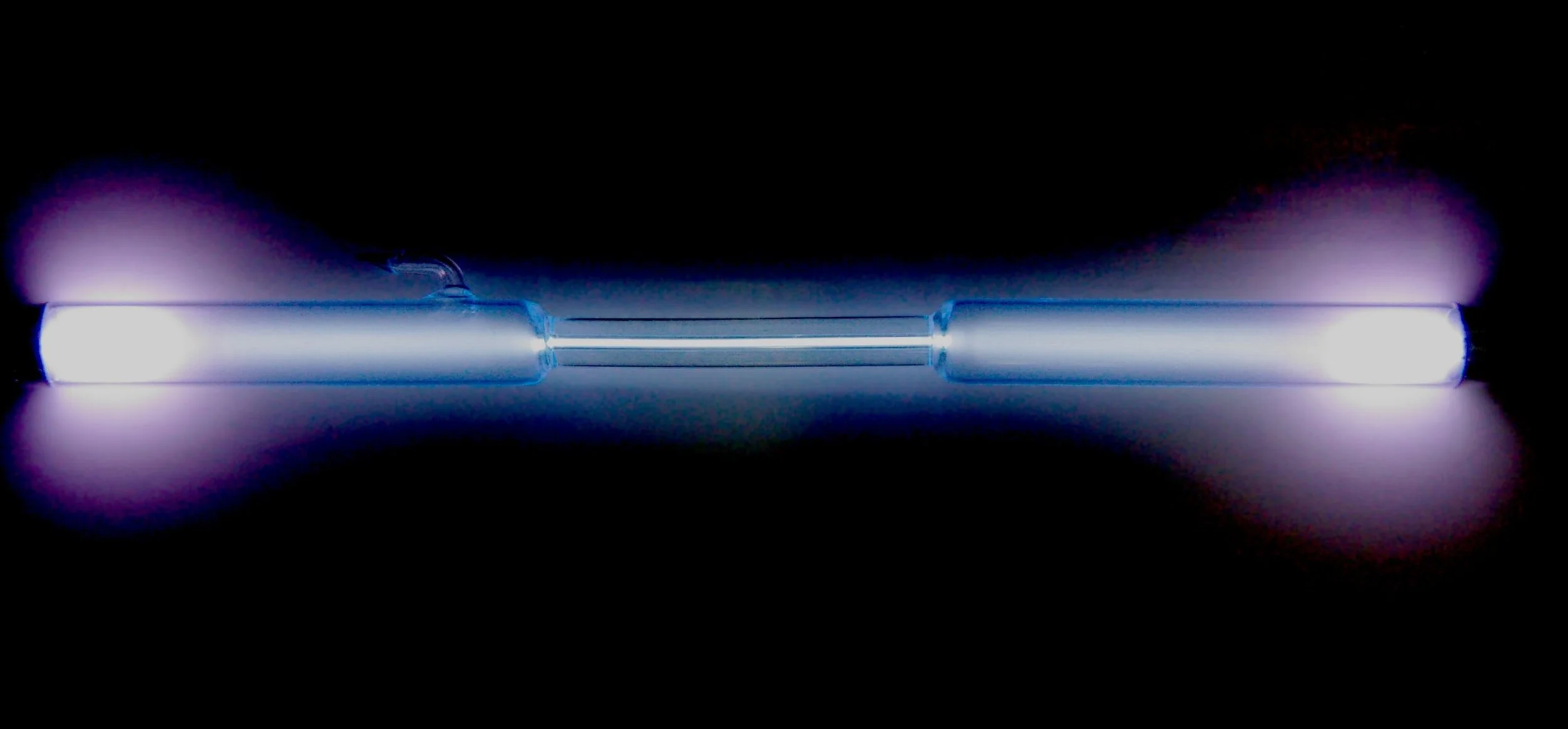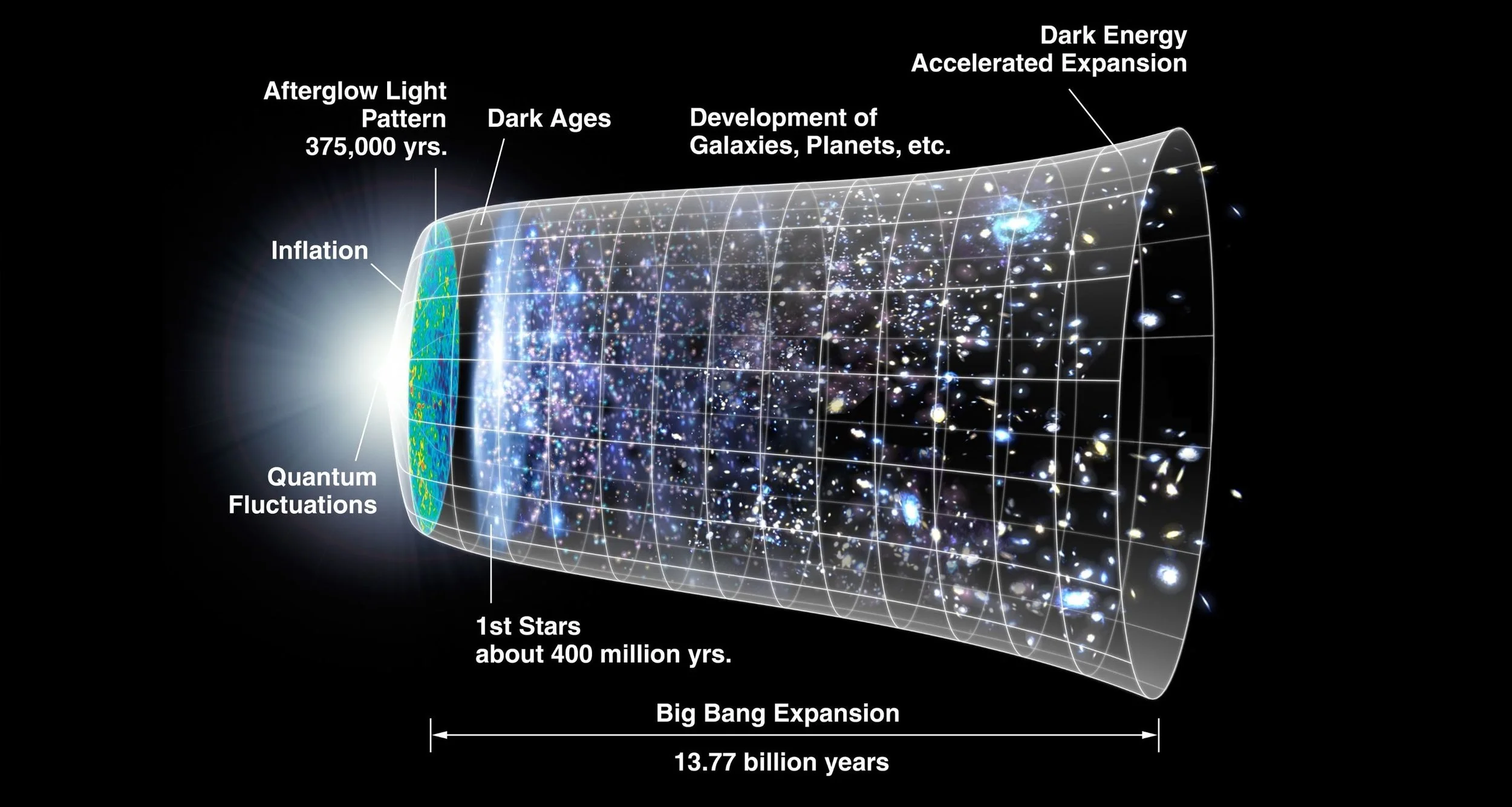Looking up at the silvery orb of the Moon, you might recognize familiar shadows and shapes on its face from one night to the next. You see the same view of the Moon our early ancestors did as it lighted their way after sundown
Is the Higgs boson actually a ‘portal to the dark world’?
Ultra-high-speed Wi-Fi breakthrough
How did the moon end up where it is?
Nearly 50 years since man first walked on the moon, the human race is once more pushing forward with attempts to land on the Earth’s satellite. This year alone, China has landed a robotic spacecraft on the far side of the moon, while India is close to landing a lunar vehicle, and Israel continues its mission to touch down on the surface, despite the crash of its recent venture. NASA meanwhile has announced it wants to send astronauts to the moon’s south pole by 2024.
Mystery of the Universe’s Expansion Rate Widens With New Hubble Data
Astronomers using NASA's Hubble Space Telescope say they have crossed an important threshold in revealing a discrepancy between the two key techniques for measuring the universe's expansion rate. The recent study strengthens the case that new theories may be needed to explain the forces that have shaped the cosmos.
Extracting something from nothing: A bright glow from empty space
‘I got there first!’ How your subjective experience of time makes you think you did – even when you didn’t
Imagine a championship match between two rival basketball teams. The game is tied, seconds left on the shot clock, two players lunge forward, reaching for the ball. In a split second, their hands both collide with the ball, but neither player gains possession. Instead, the ball goes soaring out of bounds. Immediately an argument erupts as each player claims the other knocked the ball out. The referee desperately tries to break the two apart and make the correct call.
As Expected, the Newly Upgraded LIGO is Finding a Black Hole Merger Every Week
In February of 2016, scientists at the Laser Interferometer Gravitational-wave Observatory (LIGO) announced the first-ever detection of gravitational waves (GWs). Since then, multiple events have been detected, providing insight into a cosmic phenomena that was predicted over a century ago by Einstein’s Theory of General Relativity.
Feel like time is flying? Here’s how to slow it down
Haunted by the past - People suffering from insomnia have difficulty finding a place for emotions
Why Pluto is losing its atmosphere: winter is coming
Scientists discover that young galaxies also have spiral arms, bars and rings!
Half-life of xenon 124 is about 18 sextillion years!
Sickly sweet or just right? How genes control your taste for sugar
NASA’s InSight Lander Captures Audio of First Likely ‘Quake’ on Mars!
You Could Travel Through a Wormhole, but it’s Slower Than Going Through Space
Special Relativity. It’s been the bane of space explorers, futurists and science fiction authors since Albert Einstein first proposed it in 1905. For those of us who dream of humans one-day becoming an interstellar species, this scientific fact is like a wet blanket. Luckily, there are a few theoretical concepts that have been proposed that indicate that Faster-Than-Light (FTL) travel might still be possible someday.














